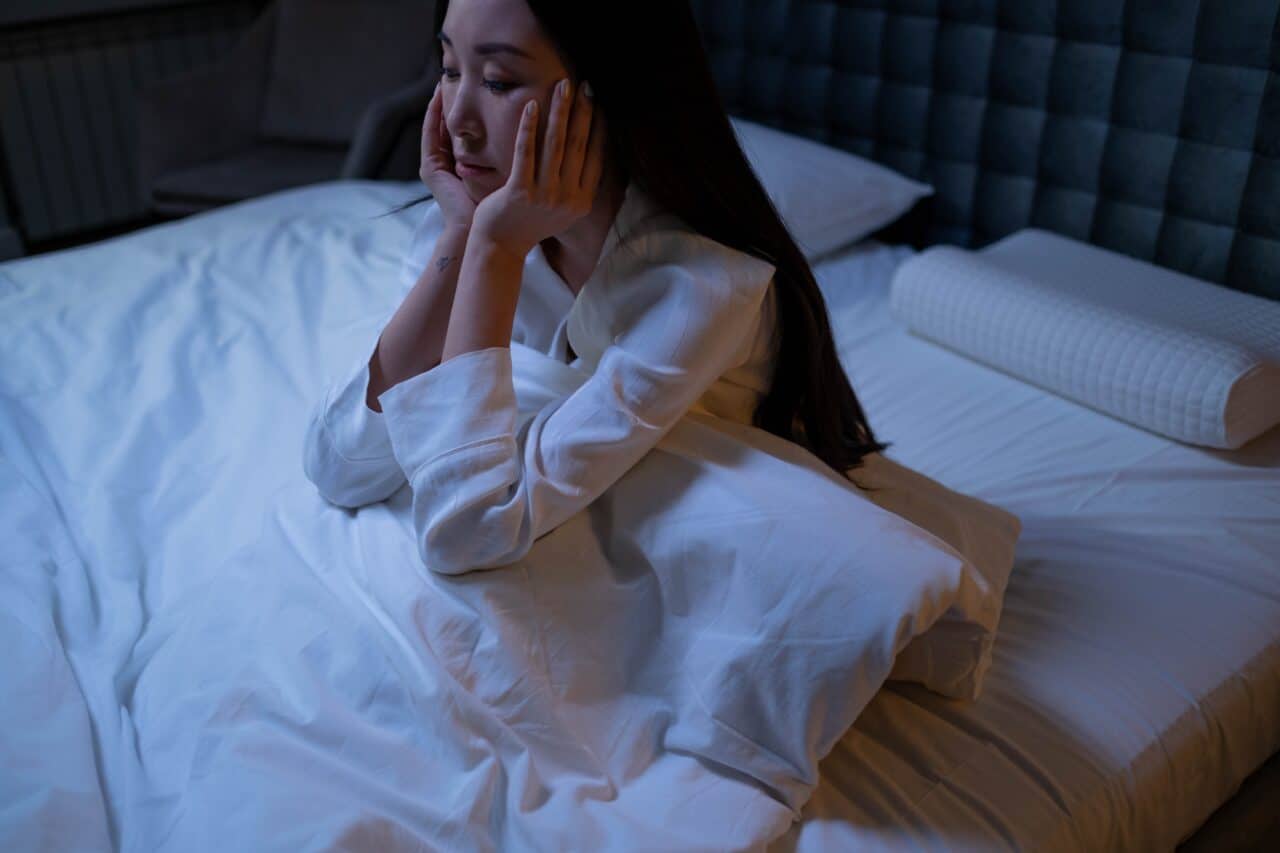Sleep is critical to your overall health and well-being. If you have hearing loss, there’s a chance it could be affecting your ability to get a good night’s sleep.
Research on Hearing Loss and Sleep Quality

A study published in 2011 sought to assess connections between sleep quality and hearing loss. They performed audiological exams on 298 volunteers who had been exposed to harmful noise through their jobs. In addition, researchers also measure their sleep quality using a questionnaire.
They found that both tinnitus (ringing in the ears) and hearing loss led to sleep impairment and insomnia.
How Hearing Loss Can Make It Harder To Get a Good Night’s Rest
Though it might seem odd that hearing loss can contribute to poor sleep, there are several theories that could explain the connection:
- Stress. Hearing loss is stressful and can lead to increased feelings of depression and anxiety. Both of which have been known to disturb sleep.
- Overworked brain. When you struggle to hear, your brain has to work harder to understand the sounds around you. This can put your brain into a state of overdrive, which may make it harder to quiet your thoughts and feel restful before bed.
- Tinnitus. As referenced in the study, tinnitus can disrupt sleep because the ringing or buzzing noise that you hear in your ears can be hard to ignore when you’re trying to rest. While tinnitus can exist on its own, many people with hearing loss also experience tinnitus.
Can Hearing Aids Improve Your Sleep?
Though you don’t wear hearing aids overnight, they may still be able to improve your quality of sleep. This is because they can reduce stress and mental fatigue that come with untreated hearing loss. They may even be able to help minimize your tinnitus symptoms in certain cases.
Hearing aids restore your confidence in your ability to communicate with others at work and at home. These social connections can also work to help reduce depression, which improves mental health and may lead to better sleep.
Other Sleep Tips
In addition to treating your hearing loss, it’s important to take other steps to improve your sleep hygiene, such as:
- Stick to a regular sleep schedule
- Avoid screens one hour before bedtime
- Create a cool, dark and relaxing sleep environment
- Take steps to manage your stress during the day by meditating or taking a class at The Yoga Room Prescott.
- Limit your daily caffeine intake
If you would like more information or wish to schedule an appointment with one of our experts, call Prescott Ear, Nose, Throat & Allergy today.
